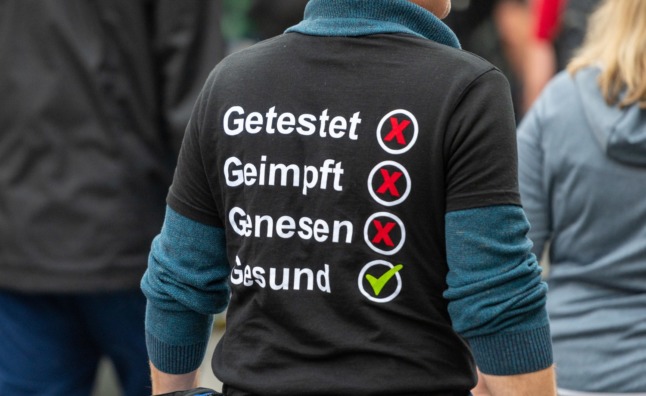France joins European probe into Facebook
European data protection authorities have joined forces to probe Facebook's privacy controls, a French watchdog said on Thursday, putting the popular US social media giant under fresh pressure.
Published: 17 April 2015 09:26 CEST

Photo: Maria Elena/Flickr
"There is concerted collective action between five European authorities, France, Belgium, Germany, the Netherlands and Spain," said Isabelle Falque-Pierrotin, head of France's CNIL privacy watchdog.
She added that the Netherlands was coordinating the project, which consists of a working group involving representatives from the five countries that will look into Facebook's practices.
Facebook has for years been dogged by concerns over how well privacy is safeguarded online.
Falque-Pierrotin said Facebook's privacy policy was at the heart of discussions, and data protection watchdogs are likely to examine the sharing of data between different apps such as Instagram or Whatsapp, both of which belong to the US giant.
Facebook, whose international headquarters are based in Dublin, for its part said it was acting in compliance with data protection legislation.
"We recently updated our terms and policies to make them more clear and concise, we're confident the updates comply with applicable laws," a Facebook spokeswoman told AFP.
Earlier this month, an Austrian law graduate filed a closely-watched class action suit against the social network for alleged privacy breaches.
Max Schrems and 25,000 other users are suing the social media giant for various rights violations, ranging from the "illegal" tracking of their data under European Union law to Facebook's involvement in the PRISM surveillance programme of the US National Security Agency.
Google has also been in the firing line over privacy issues and has had multiple run-ins with authorities in Europe.
In December, for instance, Dutch privacy watchdog DPA warned Google it faced a hefty fine if it did not fix alleged breaches in data protection laws when it uses personal details for targeted advertising.
Url copied to clipboard!


 Please whitelist us to continue reading.
Please whitelist us to continue reading.
Member comments